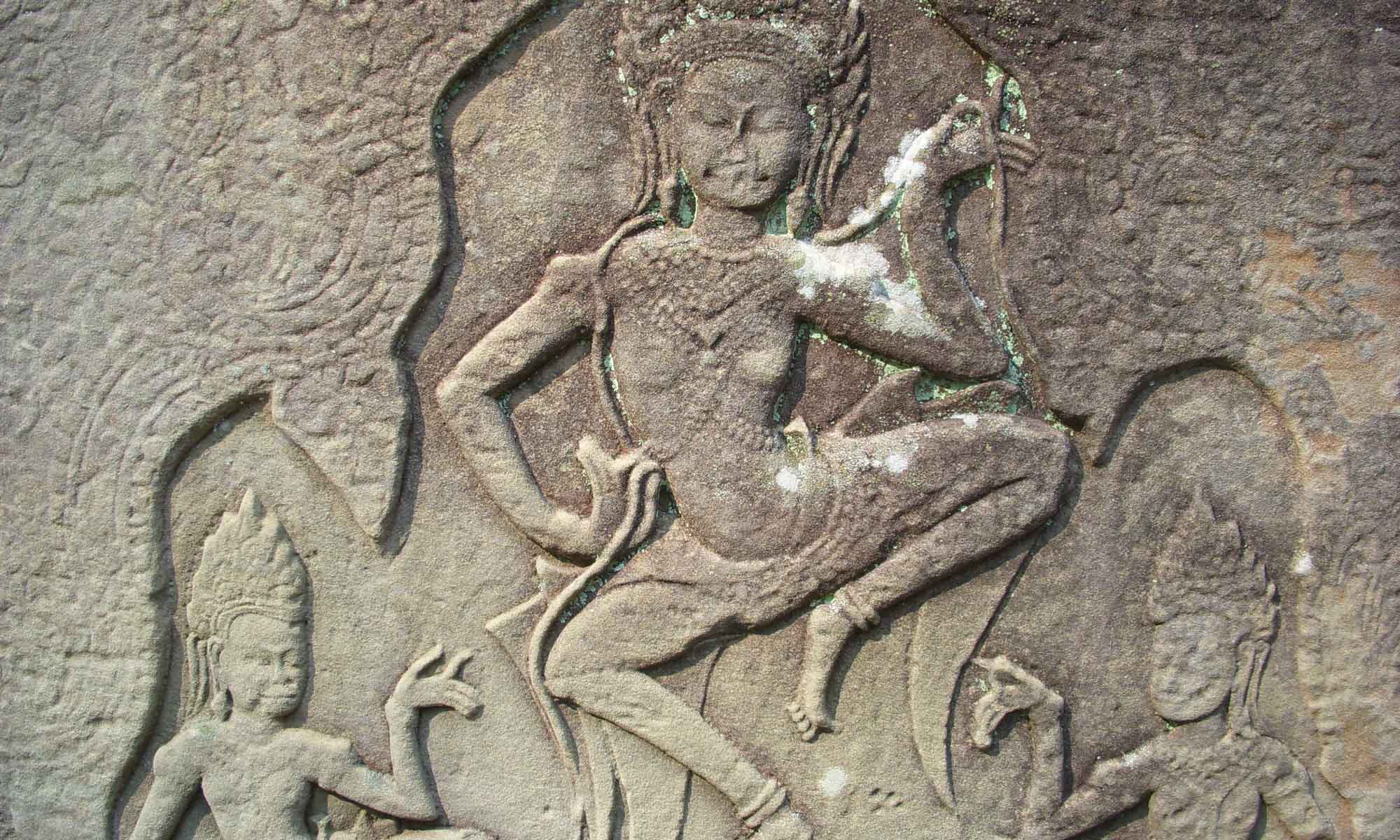“Restoring Right Relationships with Sentient Beings”
2022 ASWM Symposium Panel
April 10th at 3PM Eastern Daylight Time
This panel addresses issues of crucial importance today: the survival of our ecosystems and wild animals, manifesting meaningful change, and reweaving the bonds among spirituality, nature, and human beings.

Brenda Peterson, “Silkies in Myth and on the Beach,” delves into silkies and seals in legend, song, story, and science. Her focus is on those stories that call us into a sustainable and more spiritual bond with these beings.

Melissa Rosati,”The Horse: A Gallop through its Creation Myths and Agency as Visionary, Warrior, Savior, and Healer in Human Relationships,” highlights the opportunities for the reawakening of divine feminine values through the equine archetypes of visionary, warrior, savior, and healer in myths surrounding Demeter/Ceres, Artemis/Diana,Athena/Minerva, and Epona/Rhiannon.

Andrea Fleckinger, “Frau Holle: In the Footsteps of the Great Goddess: Recalling Europe’s Indigenous Roots,” draws on Heide Goettner-Abendroth’s work on Matriarchal Landscape Mythology, examining how the ancient sacred meanings of landscapes can be decoded to restore the relationship between humans, spirituality, and nature.

Judy Grahn, “Insects in Our Everyday Lives,” will present information on the importance of insects to the ecosystems of the earth, and tell some anecdotes about their intelligence and interactions with each other and with humans.
See the 2022 Symposium page for event information.
REGISTER HERE:
- General public ($160) register here.
- Members sign in and register with $50 discount here.
- Join/Renew your ASWM membership here.
- Questions? Contact us.















You must be logged in to post a comment.